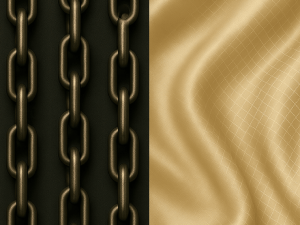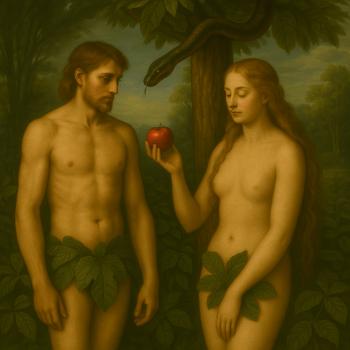We do NOT know anything about Ultimate Reality. At least, we do NOT “know” in the way that we know that the sun is shining.

We Do NOT Know Anything About Ultimate Reality
In The Way, I wrote that many people believe some things so strongly that they “know” them, but beliefs are opinions, not facts. After I read 1,000 books, I knew much less than I used to know.
- Sometimes we think we “know” because we assume that our scriptures are inerrant or our traditions are infallible, but those assumptions are (themselves) beliefs, not facts.
- Sometimes we think we “know” because we read it in a catechism or a sacred scripture, but few of us question the content and interpretations of these sources or the veracity of their claims.
- Sometimes we think we “know” because we heard it from our parents or religious leaders, but few of us question the source of their knowledge or the veracity of their claims.
If you ask ministers what they believe, they may say, “My church pays my salary, so I preach what my church believes.” This is apologetics or polemics, NOT objective truth-seeking.
If we write down all that we “know” about God or Ultimate Reality, we realize that we do NOT know anything about Ultimate Reality. At least, we do NOT “know” in the way that we know that the sun is shining. Honestly, we do NOT know anything about God, including whether God exists or whether God is a person. We do NOT know if God is omnipotent, omnipresent or omniscient.
Barbara Brown Taylor, an Episcopal priest, asks, “What does any of us mean when we say ‘God’? We use the word as if it were made of steel instead of silk netting.” All theology is speculation.
Affirmative and Negative Theology
Eastern traditions, including the Orthodox Christian traditions, emphasize apophatic theology. These traditions are generally more experiential (or mystical) and less intellectual. For example, in Hinduism, they say, “neti neti,” meaning “not this, not that,” in describing Brahman or Ultimate Reality. In Taoism, the Tao Te Ching says, “The Tao that can be named is not the eternal Tao.”
The Eastern Orthodox Church believes in deification or theosis, with the goal of seeking union with God. Clement of Alexandria, a leader in the early church, wrote, “The Son of God became man, so that we might become God,” which sounds heretical to many Western Christians.
Western Christianity, by contrast, emphasizes cataphatic theology. Since the Council of Nicaea in AD 325, Christianity developed an elaborate theology, based largely on Greek philosophy, to explain the nature of God, the divinity of Jeus and the relationship between God and humans. The church also developed doctrines about original sin, the Trinity and many other subjects.
The Protestant Reformation reformed some, but not all, of this doctrine, substituting more of its own Protestant theology. The Catholic Counter-Reformation “doubled down” on Catholic theology, hardening its doctine and producing a Catechism that described and explained Catholic beliefs. Today, the Catechism is over 800 pages long. That is a LOT of affirmative theology.
In my opinion, Western Christianity could benefit from the apophatic and mystical approach of the Eastern traditions. This approach certainly introduces more humility and less certainty.
The Tao that can be named is not the eternal Tao.
If you want to keep up with the latest from You Might Be Right, please subscribe.
The Way received a 2024 Nautilus Book Award.
If you enjoyed this article, please leave a comment at the bottom of this page.
Thanks for reading You Might Be Right!!














